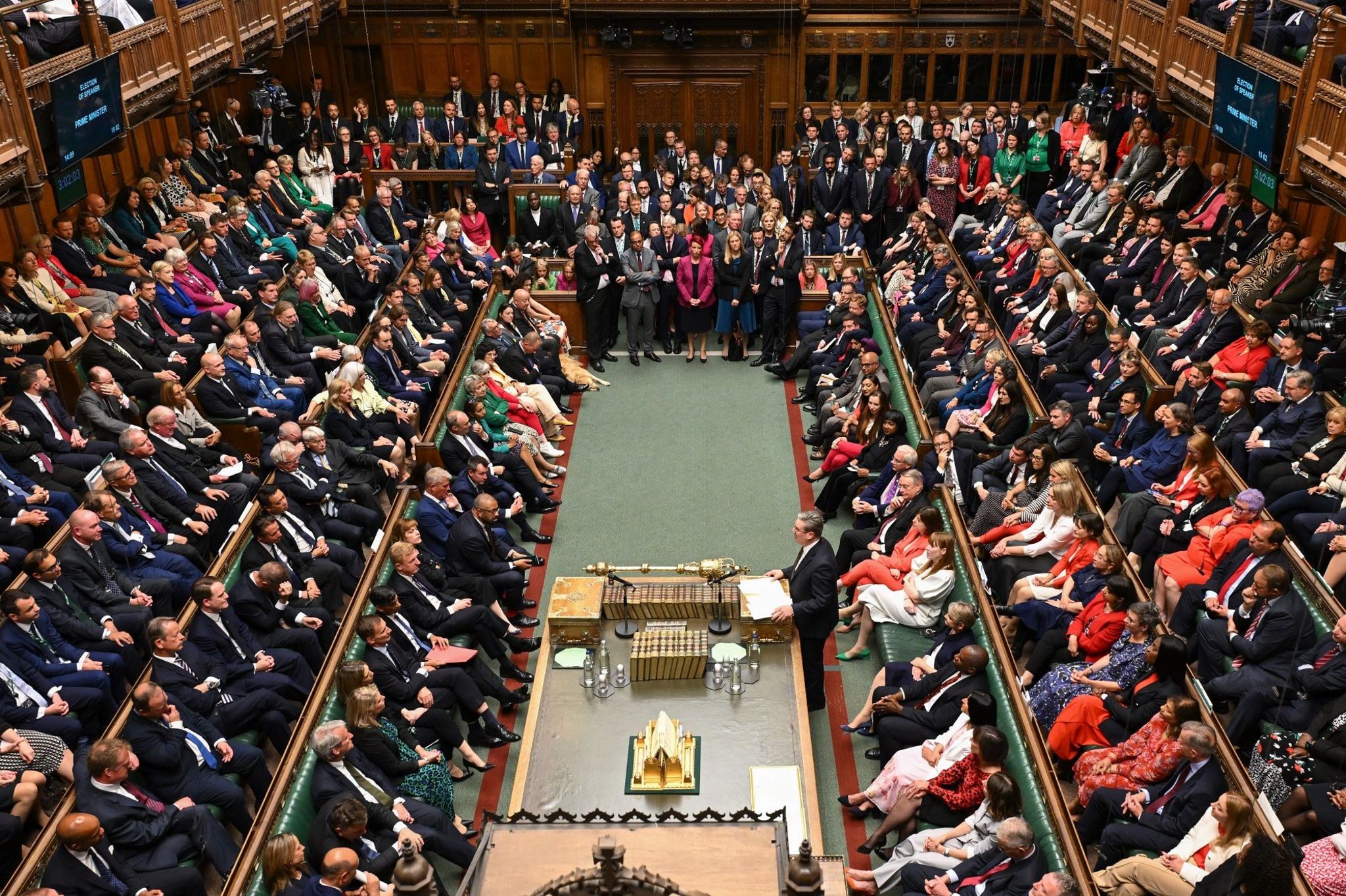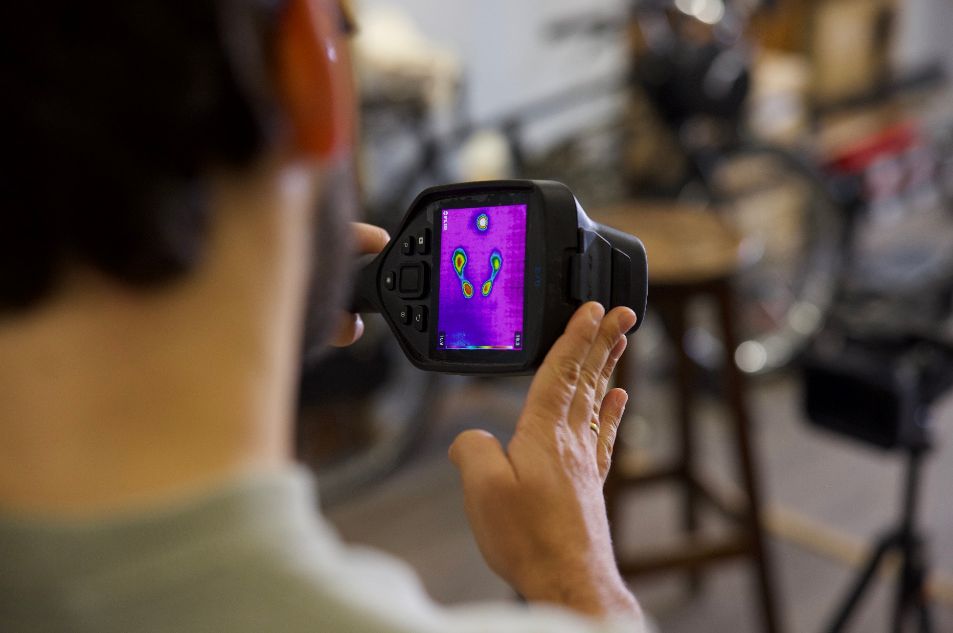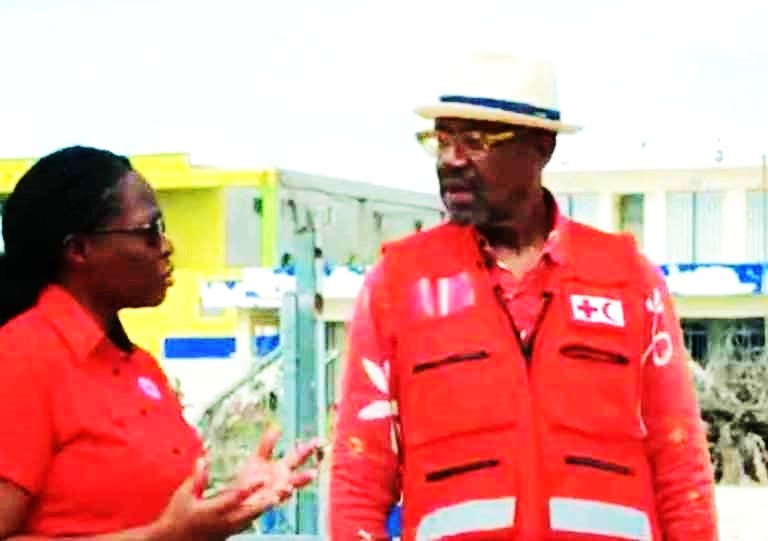The RSPCA is calling on the public to help save animals’ lives by putting away their back garden football nets after use - as England, Scotland and 22 other nations prepare to kick-off at Euro 2024.
The reminder comes as new data from the charity reveals that of the 1,644 reports received in 2023 of animals getting entangled in all types of netting, almost half of them (773) happened in the peak months of May. Now, as footie fever soars with the Euros, the animal charity fears even more animals could be trapped, injured or even killed by these innocent-looking items.
So, the charity is urging people to put away their garden football nets when not in use to help minimise the numbers of incidents. As the RSPCA gets ready to celebrate its 200th year of protecting animals, the charity has been left concerned by a flood of recent reports involving animals entangled in netting, coinciding with this summer’s peak football fever months.
RSPCA Scientific Officer Rebecca Machin said: “We know so many people will be getting excited about the start of Euro 2024 - and think it's great that many will be inspired by the action and want to get outside and have a kick around themselves.
“But unattended football and other netting can trap, injure and even kill wildlife and pets, so it’s really important to put nets safely away when they’re not being used after the game is done. The problem is so serious that during this May, we dealt with 53 incidents of netting-entangled foxes - mostly cubs - and that sadly included at least one fox cub death.
“That’s even higher than the numbers for the previous May (2023), when there were 52 incidents. But it’s not just foxes that are affected; other wild mammals like hedgehogs and deer, and even domestic pet mammals - including cats, can become potentially fatally entangled.
“But ahead of a difficult summer for many animals, people have the power to make a real difference.” During last month alone (May 2024), the charity dealt with 53 incidents of netting-entangled foxes - mostly cubs - including at least one fox cub death.
That’s an increase on the same period in 2023, when there were 52 incidents. But the RSPCA believes the football-loving public hold the key to fixing the problem - both in helping avoid instances happening in the first place, and knowing what they should do if they find a trapped animal.
From wild birds and mammals, to cats, dogs and even exotic pets, the RSPCA’s data reveals that nets present a real hazard for all kinds of animals. Of the 296 wild mammals that were reported to have been caught up in netting last year, foxes were most likely to become entangled (188), followed by deer (75), then hedgehogs (22).
Wild birds fared even worse, with 1,275 individual birds (from robins and swallows to gulls and pigeons) becoming entangled. The charity even received reports of cats, dogs, parrots and exotic pet snakes affected by netting.
The charity’s advice to the public is that if a small animal - like a bird or hedgehog - is found caught up in netting, the fastest way to help it is to gently disentangle the animal themselves - where it’s safe and possible for them to do so. Check the RSPCA website for more information.
Whenever people are able to help animals in need, it frees up RSPCA specialist officers to focus on animal cruelty and neglect. Last week, a member of the public successfully untangled a hedgehog from a football net before taking it to the RSPCA East Winch wildlife centre in Norfolk for rehabilitation - and the charity hopes more people will take action for animals this summer.
But when it comes to bigger animals, the public is urged to call for expert help. When a pregnant roe deer became tangled in a back garden football net near Guildford, Surrey last month, an experienced RSPCA animal rescue officer attended.
He was able to calm the animal and gently untangle her from the netting before releasing her unharmed back into the wild. Rebecca continued: “Getting caught up in netting is very stressful for an animal, particularly one that’s wild.
“And if the animal gets seriously entangled, netting - whether it’s used for sports, fencing or the garden - can cause severe injuries or even death. As wild animals frequently get trapped during the night, they may have been struggling for many hours by the time they are found in the morning and often need veterinary attention and sedation to cut them free.
“We’re all looking forward to a summer of sport - including the Euros, Copa America and the Olympics - and many of us will be having our own kick abouts in the garden. But we urge people to be aware of the dangers of football and other netting.
“Keeping animals safe is really easy. We can all play our part in helping animals by making sure unused sports netting is tidied away safely after use.
“But if the worst does happen, and an animal does become trapped, then as long as it’s small and manageable, and if it’s safe to do so, we’d really encourage people to try to untangle it themselves. The animal should then be taken to a vet for a check-up.
“The more the public can help, the more resources that will free up for our teams to focus on the terrible cruelty and neglect cases that sadly peak during the summer months.”











